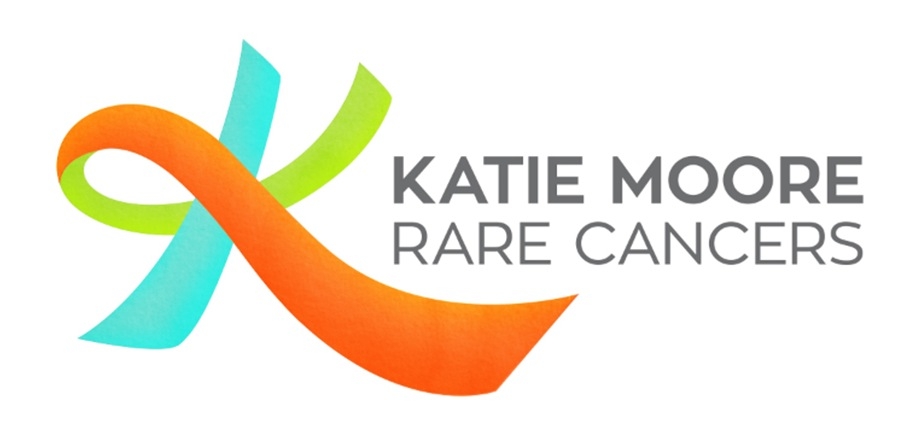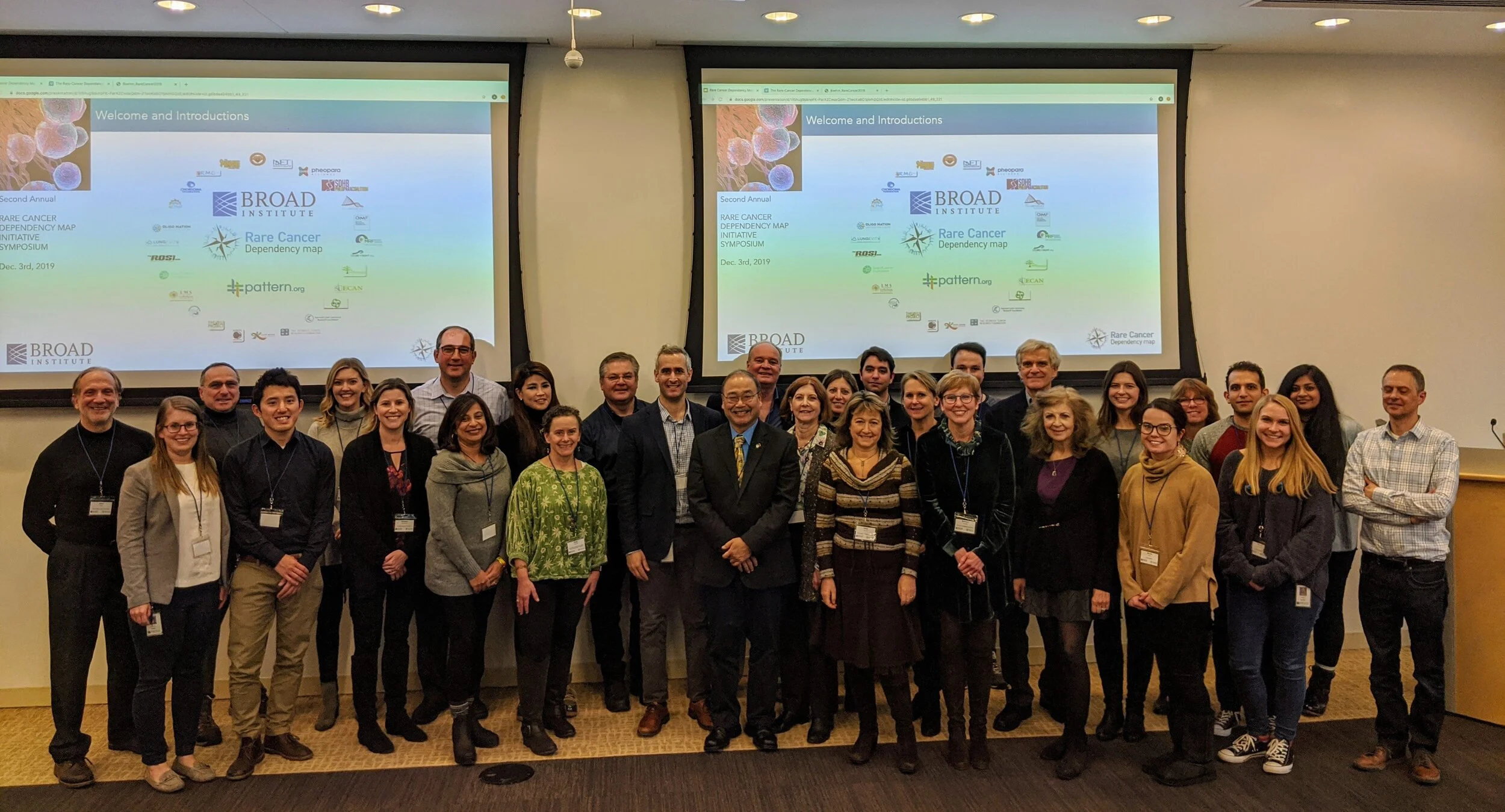On December 3, 2019 The Broad Institute of MIT & Harvard hosted their 2nd annual Rare Cancer Symposium with this year’s focus on the Rare Cancer Dependency Map Initiative. In order to better understand the power and impact of the Rare Cancer Dependency Map Initiative it is important to understand the work that the Broad Institute has done so far and they provided updates on each of the 4 phases at this year’s symposium. As a reminder here are the 4 steps:
Partnering with patients, advocates, and foundations to improve access to tumor samples for research.
Using these tumor samples to map the genomic landscape of each cancer.
Building cancer models (cell lines) that researchers can use as reliable models to study the cancers in the lab.
Leveraging breakthrough technologies to produce a map of all the weaknesses of each tumor that might be therapeutically targetable.
Partnering with patients to collect living tissue samples - getting data
With proof-of-concept funding from KMF The Broad Institute was able to pilot direct to patient fresh tissue sourcing. This pilot proved fruitful and through the Rare Cancer Research Fund’s Pattern.org project patient’s throughout the U.S. and Canada can participate in live tissue transfer.
Additionally several hospitals have agreed to transfer samples from all patients to the Broad including Boston Children’s Hospital, Dana Farber Cancer Institute, Brigham and Women’s Hospital, Mass General Hospital, and MD Anderson, among others.
Each sample has the potential to enable big strides in rare cancer research. Taking a direct-from-patient approach and partnering with hospitals increases the odds of capturing live tissue samples.
This has resulted in the collection of 1,650 samples and counting!
Building and sharing cell line models to accelerate rare cancer research efforts internationally - sharing data
The Human Cancer Models Initiative (HCMI) is an international consortium that is generating novel, next-generation, tumor-derived culture models annotated with genomic and clinical data. HCMI-developed models and related data are available as a community resource. The Broad Institute, supported by KMF, has spearheaded including rare cancer models in this collaborative approach to cancer research.
The Broad’s efforts have expanded from a pilot to an international project with partners in not only the US, but also Canada and Japan. So far, 372 long term models genetically verified from 42 cancer subtypes and 150 shipped already to ATCC Cell Biology Collection which is one of the largest bioresources in the world.
Uncovering and mapping weaknesses in rare cancers to build The Cancer Dependency Map
As scientists have made significant progress on steps one through three, they have embarked on mapping the weaknesses, or dependencies, of rare cancers. While the work of gathering specimens and building cell lines is by no means complete - there are many more rare cancers for which there are no living tissue samples - the pilot has proven it is worth pursuing the Dependency Map pilot.
One effort applied to mapping dependencies is by finding new uses for existing drugs to accelerate therapy development. Developing a new drug from scratch typically takes a decade and $1B+. Rare cancers don’t have this type of funding. By identifying and building a library of all clinical drugs that reached clinical development, these can then be tested on cell lines to detect and map features associated with treatment response (“predictive biomarkers”).
The result of this work will be a Cancer Dependency Map that will enable the identification of novel therapeutic targets for precision medicine in rare cancers. So far 6,100 drugs of (of 12,000) collected at Broad so far and tested against more than 500 cancers. There have been a surprisingly wide range of killing effects from non-oncology drugs!! Among hundreds of discoveries, so far:
An approved arthritis medicine in pets, kills certain drug resistant cancers
An inexpensive medicine for addiction kills cancers missing specific genes
Current snapshot of Broad Institute Partners
The Rare Cancer Dependency Map initiative at the Broad plans to build on these initial success and aims to develop patient-derived models and CRISPR/drug dependency profiles for every type of rare adult cancer by 2030. This will be accomplished by continuing to apply drug repurposing to cell line models, while continuing to expand the number of live tissue samples and cell lines. For emerging targets are identified, the Broad will partner with labs and industry partners to analyze emerging targets. More than a dozen pharmaceutical and biotech companies have already joined the project.
All generated resources and data will be shared broadly to accelerate drug discovery in academia and industry.
The Broad Institute has been and continues to lead the way and exemplify collaborative research. We are thrilled to partner with them and hope you will consider supporting our ongoing work!


